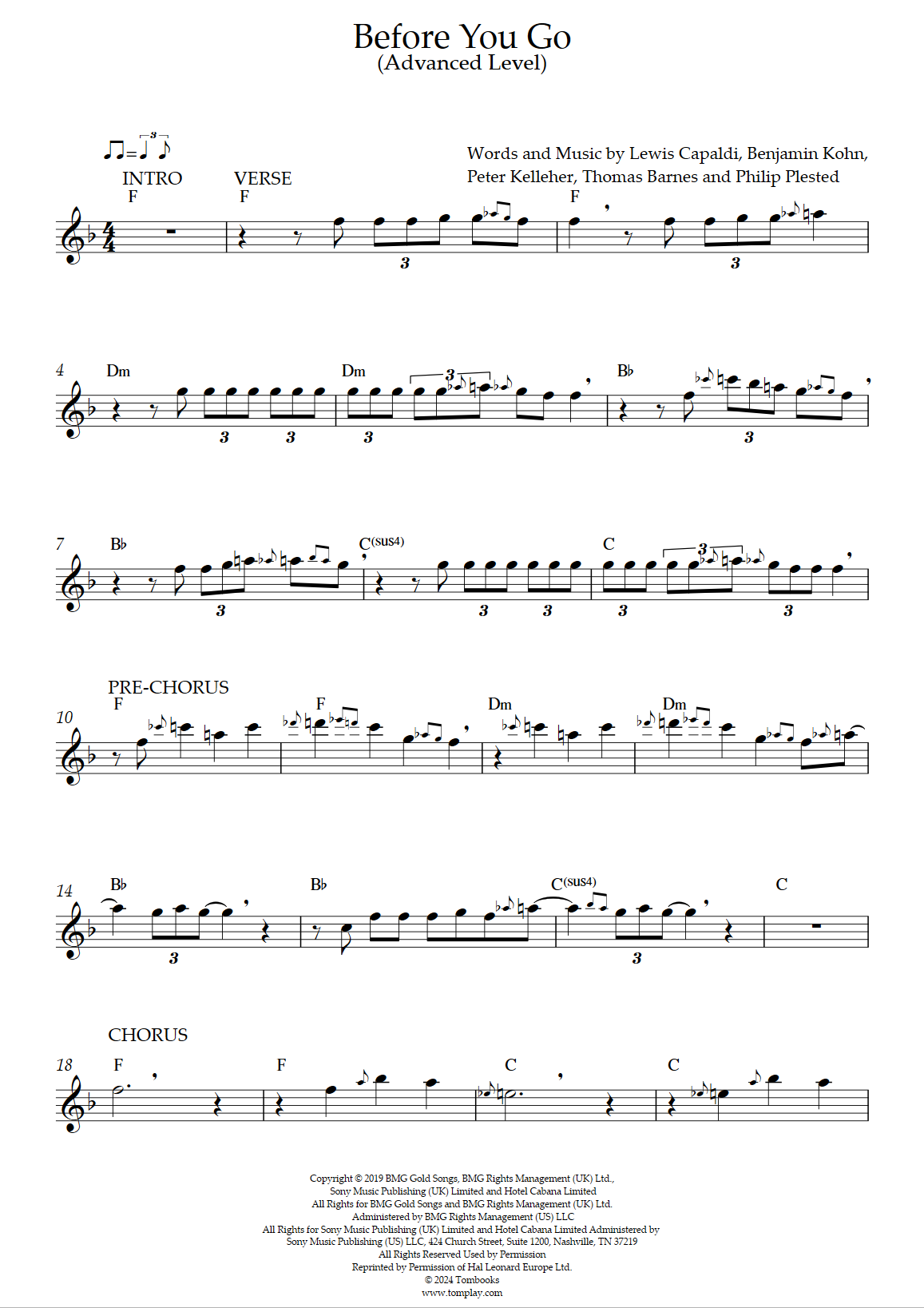How To Use Z Adjectives Correctly Today

The zestful world of adjectives starting with the letter Z! While they might not be the most frequently used, these words can add a unique zing to your language. Understanding how to use Z adjectives correctly can elevate your writing and speech, making your expressions more vivid and engaging. Let’s dive into the fascinating realm of Z adjectives and explore how to utilize them effectively.
1. Zany
- Definition: Amusingly unconventional and idiosyncratic.
- Usage: “The zany comedy show had everyone in stitches with its absurd humor.”
- Tip: Use “zany” to describe something or someone that is playfully quirky and humorous.
2. Zealous
- Definition: Showing enthusiastic and dedicated support.
- Usage: “The zealous fan attended every concert of her favorite band.”
- Tip: “Zealous” is perfect for describing someone who is fervently dedicated to a cause, hobby, or interest.
3. Zephyrine
- Definition: Relating to or resembling a gentle, mild breeze.
- Usage: “The zephyrine winds on the island made it an ideal location for sailing.”
- Tip: This adjective is less common but can beautifully describe gentle, soothing breezes or environments.
4. Zenith
- Definition: The highest or most superior point or position of something.
- Usage: “The fireworks exploded at their zenith, lighting up the entire sky.”
- Tip: Although “zenith” is often used as a noun, when used as an adjective, it describes the point of greatest achievement or success.
5. Zestful
- Definition: Having or showing a lot of energy, enthusiasm, and flavor.
- Usage: “The zestful performance by the young musician was impressive and captivating.”
- Tip: Use “zestful” to describe someone or something that exhibits a lively and engaging quality.
6. Zonal
- Definition: Relating to or divided into zones.
- Usage: “The zonal heating system allowed for more efficient energy use by warming only the occupied areas.”
- Tip: This adjective is useful for describing systems, areas, or concepts that are organized into separate zones.
Applying Z Adjectives in Different Contexts
When integrating Z adjectives into your language, consider the context and the effect you wish to achieve. For example, in creative writing, using “zany” or “zestful” can add a playful tone, while in more formal or technical writing, “zealous” or “zonal” might be more appropriate.
Tips for Effective Usage
- Read Widely: Exposure to various texts and authors can help you see how Z adjectives are used in different contexts.
- Practice: Incorporate these adjectives into your everyday writing and speech to become more comfortable with their usage.
- Feedback: Share your work with others and ask for feedback on your use of Z adjectives to refine your skills.
Conclusion
Z adjectives, though less common, offer a unique opportunity to spice up your language and convey nuanced meanings. By understanding and practicing the correct usage of these adjectives, you can enhance your communication skills and add depth to your expressions. Whether you’re writing a story, an essay, or simply conversing with friends, mastering Z adjectives can make your language more engaging, vivid, and memorable.
How can I make my writing more engaging with Z adjectives?
+To make your writing more engaging with Z adjectives, start by selecting the right adjective for the context. For instance, if you’re describing a humorous event, “zany” might be the perfect choice. Additionally, use these adjectives sparingly to avoid overwhelming your readers. Lastly, ensure that the adjective aligns with the tone you’re aiming to convey in your writing.
What are some common mistakes to avoid when using Z adjectives?
+A common mistake is using Z adjectives out of context or incorrectly. For example, using “zealous” to describe something that is not enthusiastic or dedicated. Another mistake is overusing these adjectives, which can make your writing seem forced or artificial. It’s also important to ensure that the adjective is correctly pronounced and spelled, as mistakes can detract from the credibility of your writing.
How can I learn more Z adjectives and improve my vocabulary?
+Improving your vocabulary, including learning more Z adjectives, can be achieved through reading widely, keeping a vocabulary journal, and practicing active learning techniques such as flashcards. Engaging with word games, crossword puzzles, and language learning apps can also be beneficial. Lastly, exploring etymology and word roots can provide a deeper understanding and help in learning new words more effectively.

